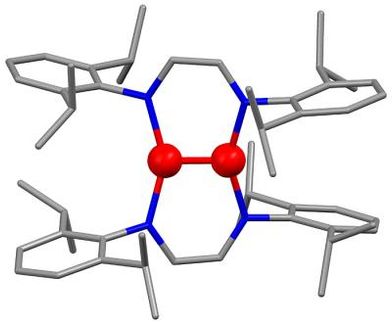Brookhaven Lab Chemist Radoslav Adzic Receives Electrochemical Society Award
Advertisement
Radoslav Adzic, a senior chemist at the U.S. Department of Energy's (DOE) Brookhaven National Laboratory, has been named the recipient of the 2007 Research Award of The Electrochemical Society's Energy Technology Division. The award recognizes Adzic's outstanding research contributions to the field of novel electrochemical energy technologies, such as fuel cells.
Adzic investigates the correlation between structure and function at electrochemical surfaces, which either induce a chemical change when an electric current passes through them or react chemically to produce an electric current. Using several techniques, including the use of x-rays at Brookhaven's National Synchrotron Light Source, Adzic looks at these materials at the atomic level. Recently, he has focused on fuel-cell electrocatalysis, making efficient catalysts that may be used to convert hydrogen to electricity in fuel cells for electric vehicles.
He usually does these studies using single crystals of materials in order to understand the role of their structure in electrochemical reactions. This basic structural knowledge of materials enables Adzic to use a process called adsorption, in which he deposits ultra-thin layers of metals onto metallic substrates, with the goal of changing the chemical reaction rates in order to make more efficient electrocatalysts.
Adzic designed the first platinum monolayer fuel-cell anode electrocatalyst, which consists of ruthenium nanoparticles with a submonolayer of platinum. This new electrocatalyst has the potential to reduce the cost and increase the efficiency of fuel cells in electric vehicles, among other applications. He then used this same concept to design a platinum monolayer cathode electrocatalyst, which contains several times less platinum than commercial electrocatalysts, thus making it less costly.
While platinum is the most efficient electrocatalyst for accelerating chemical reactions in fuel cells in electric cars, the platinum dissolves in reactions during stop-and-go driving, a major impediment. Recently, however, Adzic and Brookhaven colleagues added gold clusters to a platinum electrocatalyst, which kept it intact during an accelerated stability test under laboratory conditions, a big breakthrough for fuel-cell technology. The next step is to duplicate results in real fuel cells.
Radoslav Adzic earned a B.S. in chemical technology, in 1965, at the University of Belgrade, where he also earned his doctorate in chemistry, in 1974. Adzic remained at the university, eventually becoming a professor and Director of the Institute of Electrochemistry. In 1979, he came to Brookhaven as a visiting scientist, and, in 1992, he joined the Laboratory as a senior research associate, rising to the position of chemist in 2001, and senior chemist in 2005.























































